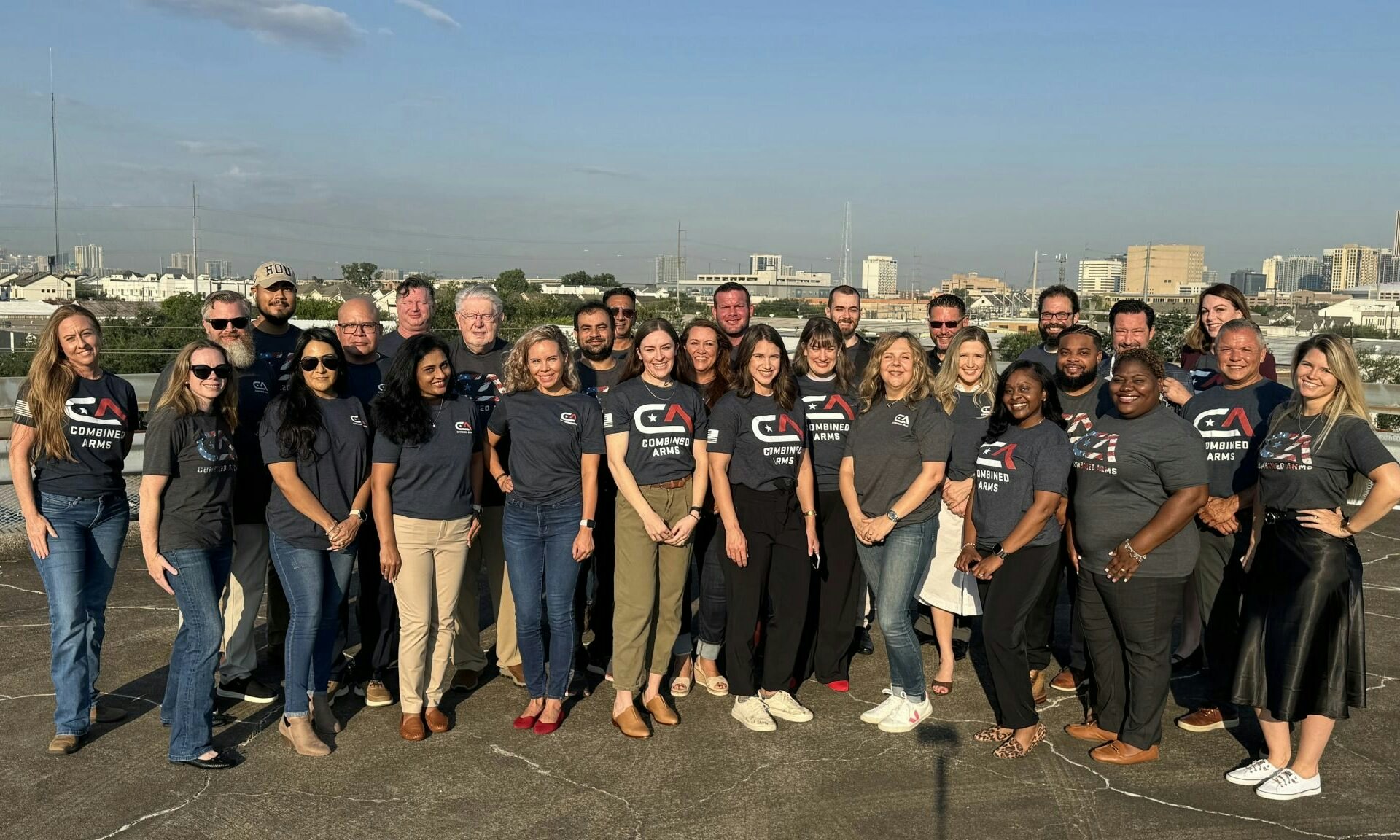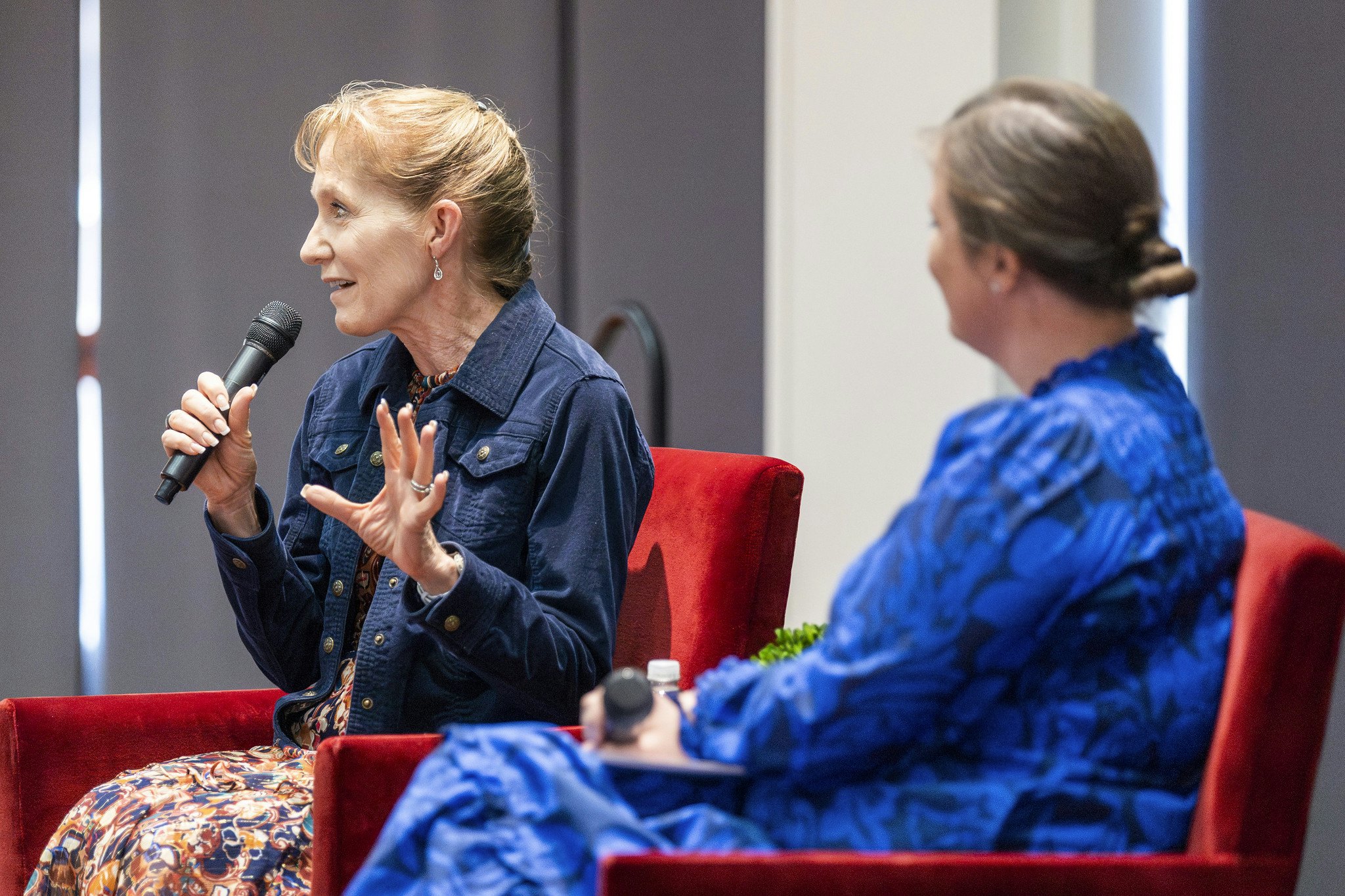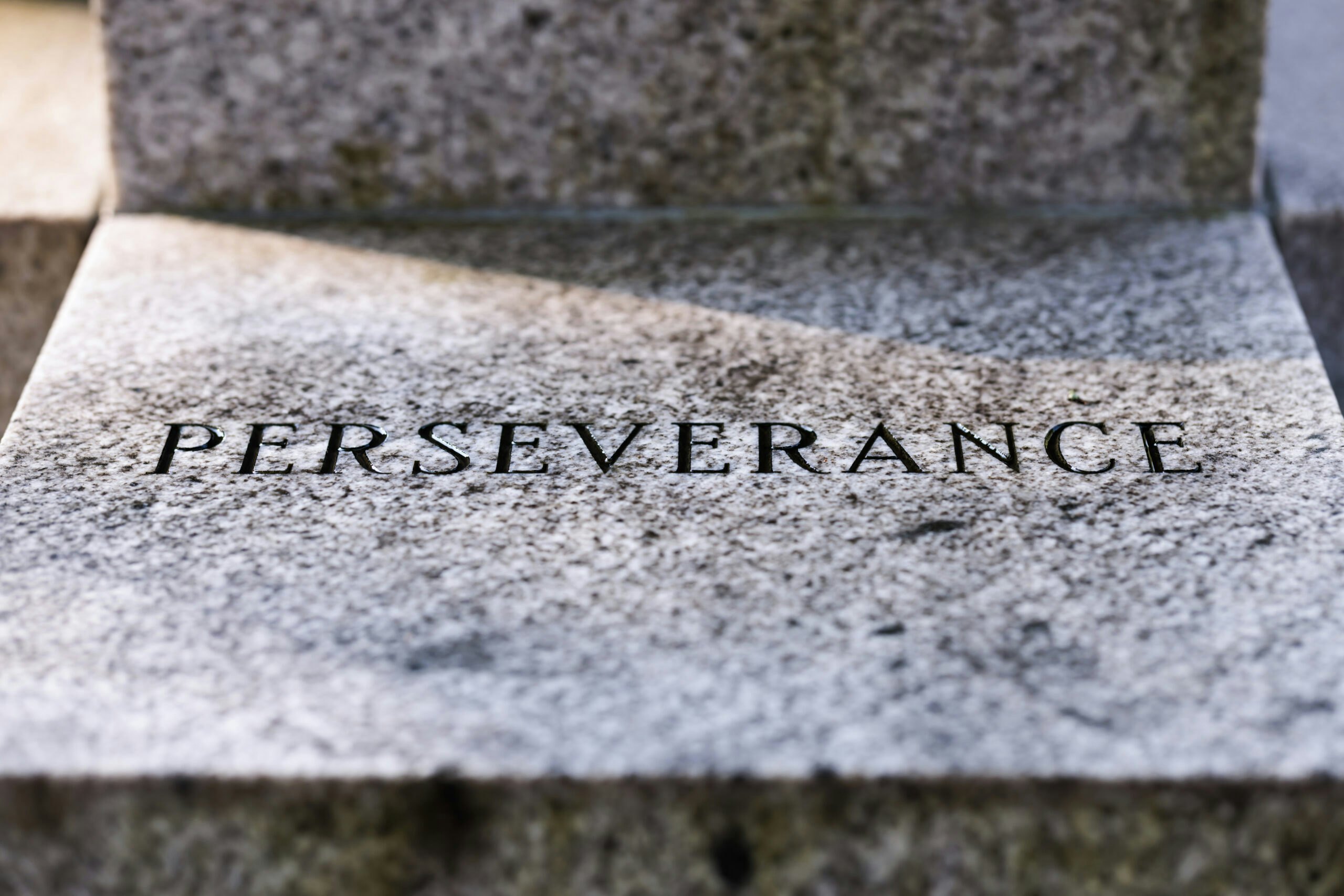Recently, Major General Alfred Flowers spoke with the Stand-To Veteran Leadership Scholars and members of Team 43 about his journey, leadership, and lessons he’s learned along the way.
Recently, Major General Alfred Flowers spoke with the Stand-To Veteran Leadership Scholars and members of Team 43 about his journey, leadership, and lessons he’s learned along the way.
You have had many transitions in your career, could you share with us something you learned in your transition from civilian to military life?
The transition was pretty easy, because I knew what was adversity was, but wanted to see what success looked like…I learned over time that respect for everyone and to recognize that everyone is important will get you a long way in what you want to do.
What about transitioning from the military to civilian life?
The major differences between the corporate world and the Department of Defense is they have different incentives to earn money. But at the same time, they are all working with people. People who want to be respected, valued, and to know that they did a good job.
What is your leadership style?
Leading with heart to me is one of the basic tenants of leadership. The H is for humility. The E is for enthusiasm or excellence. The A is for attitude. The R is for respect – there is no human who doesn’t deserve respect. The T is for trust.
Looking back, what values have been most important to you in your career? What have you learned?
I learn something every day. A day that I don’t learn something is a day that I should’ve stayed in bed. What I value most about what I’ve learned along the way is that everyone wants to be respected and valued as a team member. I also recognize and value the fact that I am successful because of the people who led, mentored, and supported me along the way. It takes folks willing to help to make you successful.
People want to be trained. They want to be taught. They want to be educated, and to have clear guidance and expectations. Then leave them alone and exit stage left – get out of the way and let them do their job. In my transition to the private sector, the expectations were the same. Every person is valuable, and you need every person in your organization to get the job done.
How can young leaders work towards making the workplace better?
Diversity is a big, big issue. If you want to make your workplace better, make it more diverse. I embrace diversity whole heartedly, and I spend a lot of time talking about diversity and inclusion. Diversity is great, but if you want to make it better, have inclusion. Diversity without inclusion is a lot of talk. You’ve got to have action.
Leaders need to accept the fact that times have changed and are continually changing. The work force is getting smarter and more diverse every day.
What is your advice on implementing inclusion in a sincere way?
Hire good help. Don’t hire people because you think you need to hire a minority or majority member. If you hire good help, you will get people who are ready to be included, so that when the time is right and they are the best person to lead, give them a seat at the table.
How do we challenge toxic workplace cultures?
The answer is simple in my mind. Lead by example. If you are a respected leader, folks will follow. If you want to figure out if you’re leading or not, look back and see who is following.
How are you continuing to grow as a leader?
I give back. Today, I am on six nonprofit boards. I learn every day about people who have mental issues, who have TBI, who are homeless, and who need help. Every day is a learning opportunity for me, and I wake up looking forward to that. There is never enough time to give back to everyone who is in need.
What advice to you have for those transitioning from military to civilian life?
Plan early. Don’t wait until six months before you retire to go to a transition assistance program. In the past, we’ve done a poor job at helping people understand their value outside of the military. We’ve got to do better helping people transition to the civilian job market and we must give them value for what they are capable of doing.
What are you reading right now?
Lincoln on Leadership – I read it once a year, whether I need to or not.






























